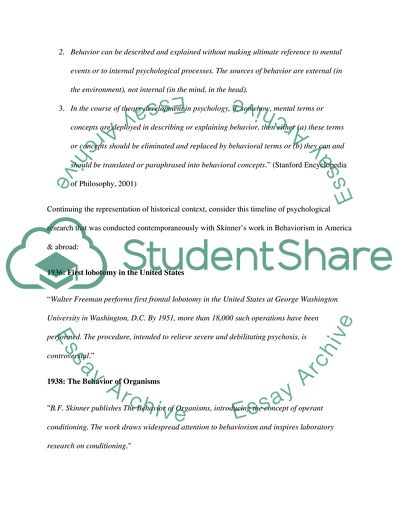Cite this document
(Should Behaviorism Shape Educational Practices Research Paper, n.d.)
Should Behaviorism Shape Educational Practices Research Paper. Retrieved from https://studentshare.org/education/1746674-should-behaviorism-shape-educational-practices
Should Behaviorism Shape Educational Practices Research Paper. Retrieved from https://studentshare.org/education/1746674-should-behaviorism-shape-educational-practices
(Should Behaviorism Shape Educational Practices Research Paper)
Should Behaviorism Shape Educational Practices Research Paper. https://studentshare.org/education/1746674-should-behaviorism-shape-educational-practices.
Should Behaviorism Shape Educational Practices Research Paper. https://studentshare.org/education/1746674-should-behaviorism-shape-educational-practices.
“Should Behaviorism Shape Educational Practices Research Paper”, n.d. https://studentshare.org/education/1746674-should-behaviorism-shape-educational-practices.


